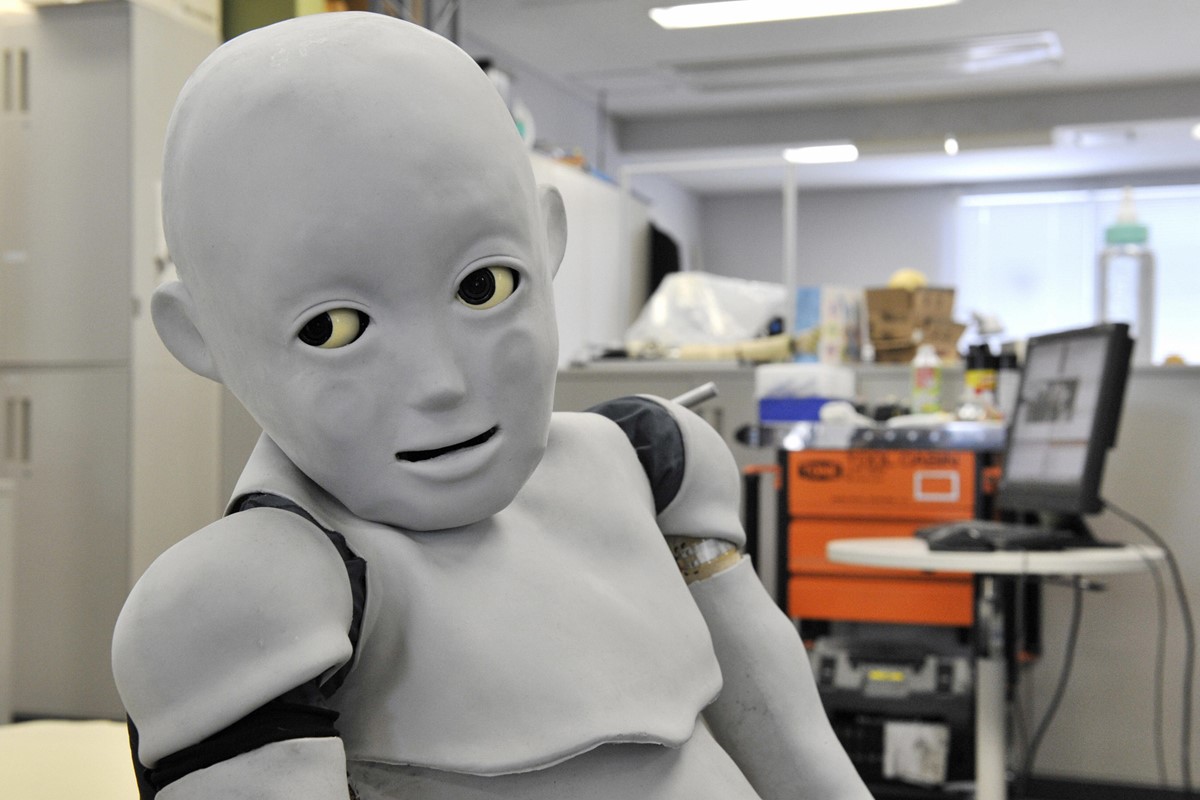How a 4chan conspiracy (kind of) foresaw the death of the internet

The internet has no shortage of bots snaking through its pixelated corridors. Take the automated LLMs flooding the comments section of X with out-of-context responses and porn ads or the suspiciously sexy avatar with zero followers liking your Instagram stories. The AI-generated muzak garnering thousands of hits on streaming services or the millions of discarded images tossed to the pits of Midjourney’s text-to-image prompt machine. Given all the artificial intelligence swallowing up our feeds, it isn’t too far flung to assume the internet has been entirely overrun with bot-on-bot action. Enter: the Dead Internet Theory.
The Dead Internet Theory is a conspiracy theory that the internet is controlled by artificial intelligence and that most of the content we see online today is generated by bots instead of real humans. The theory originates from an anonymous post made on either 4chan or Wizerdchan back in 2019, eventually making its way to 4chan’s /x/ board in September 2020. The post hypothesises that the internet is produced by AI networks run by the Powers That Be – and paid influencers – for the purpose of creating consumers for the consumption cycle, which is, as far as conspiracy theories go, not the wackiest idea to hit the datastream.
As is typically the case with most conspiracy theories, surrounding each tinfoil-hat claim that the government is using the internet to presumably give us all brain rot and control the masses is a morsel of truth. Now, a report by cyber security company Imperva suggests that it’s increasingly becoming true. Nearly half (49.6 per cent) of all internet traffic came from bots last year, according to its ‘Bad Bot Report’. This is partly down to the mainstreaming of generative AI and large language models, which recruit bots to scrape the internet for training data. “Automated bots will soon surpass the proportion of internet traffic coming from humans, changing the way that organisations approach building and protecting their websites and applications,” said Nanhi Singh, general manager for application security at Imperva. “As more AI-enabled tools are introduced, bots will become omnipresent.”
Admittedly there’s plenty of reasons why someone might believe the Dead Internet Theory. If you’ve been keeping up with the US TikTok ban, the idea that the government is controlling our brains isn’t an unlikely narrative – in fact, it’s something that government officials push themselves, though admittedly this is usually accompanied by conspiracies about China brainwashing the American youth, which has backfired massively across socials. “Don’t talk to me until I’ve had my morning sponsored content data harvesting corporate propaganda govt psyop doomscroll,” reads a popular meme on my feed this morning, featuring a TikTok icon alongside western tech companies Meta, Twitter, Reddit and YouTube. The US government might claim that TikTok is a communist Chinese psyop to trick American children into opposing US foreign policy, but is locking into the equally cooked (and American) Mr Beast and trad wife content on Instagram or YouTube any different?
Clearly, the internet isn’t a government psy-op, even if its creation was funded by the military industrial complex. Nor is it likely that influencers are in cahoots with the government to control our minds and make us buy more stuff. But the rising number of bots cluttering the feed certainly does play into speculation about how much of what we see online is ‘real’. Back in 2022, a report from European law enforcement agency Europol said that experts believe that as much as 90 per cent of online content may be synthetically generated by 2026, which is no doubt fuelling speculation that we in fact live as bots inside a simulation – earlier this week, a scientist even claimed that he has proof. As the New York Times reports, Instagram has begun testing a program that would allow its most popular influencers to create AI chatbot versions of themselves so they can engage with users without having to actually engage. Sometimes reality really is stranger than fiction.


